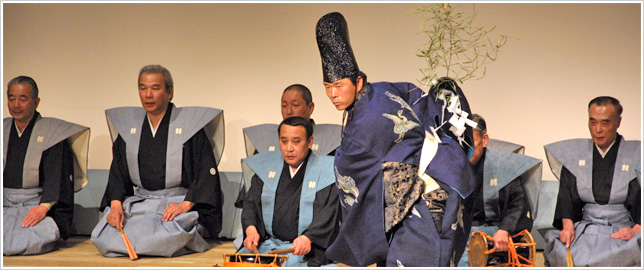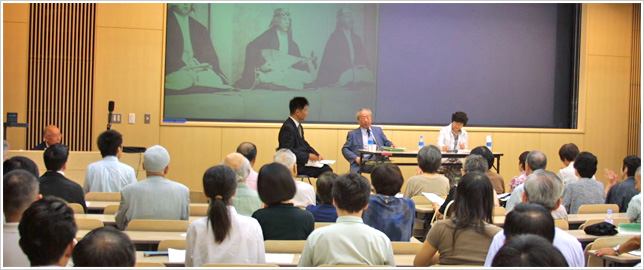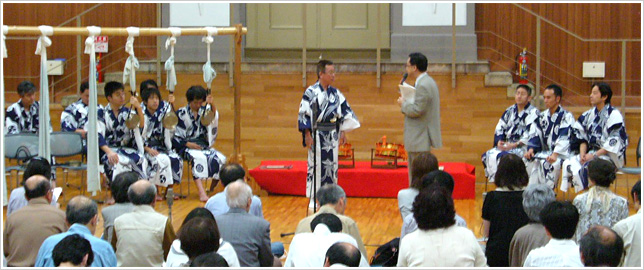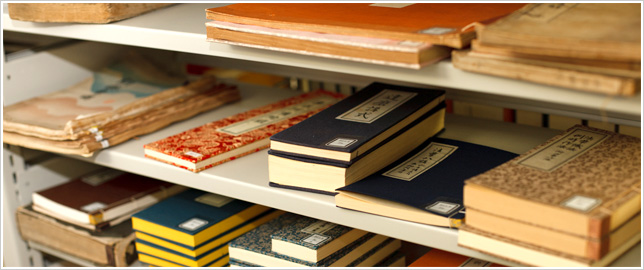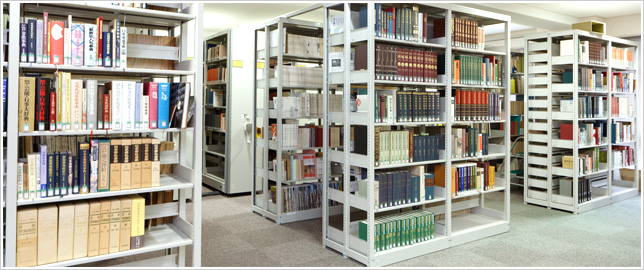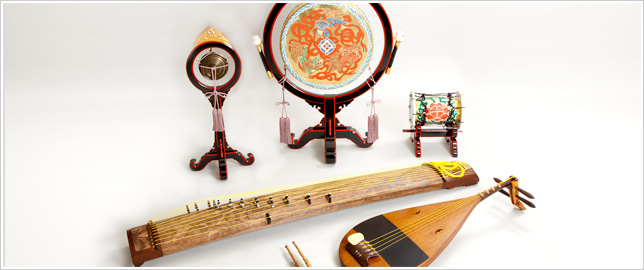Research Institute for Japanese Traditional Music
Purpose and Philosophy
Founded in 2000, the Research Institute for Japanese Traditional Music is the only institution in Japan dedicated solely to the comprehensive research of Japan’s traditional music and performing arts. Japanese performing arts have evolved over centuries, repeatedly combining indigenous and outside factors. The theatrical forms of nō, kabuki and bunraku, and gagaku, all of which are among the areas researched at the Institute, are just a few among the many of Japan’s UNESCO registered intangible oral heritage.
Institute Activities
The Institute makes a vigorous contribution to the promotion of Japanese music culture. Creating extensive networks through its team and individual research, results are actively disseminated to the research community, and to the general public.
The activities of the Institute start with individual research by five full-time research staff, and extend to the team research projects they lead. Currently, the principal fields of research are gagaku and bugaku, nō, jōruri narrative, and musical aesthetics. Team research projects in recent years have included “Documenting the Kyoto lineage of Kanze nō” , “Form in shamisen music” , “Reconstructing the history of gagaku, bugaku and related genres” , and “Naniwa-bushi musical narrative”. Team members include researchers active in Japan and elsewhere and pursue an international perspective on Japanese music research. The Institute consists of a director and five full-time research staff, several part-time research and teaching staff, an IT officer, librarian and curator. A guest professor and guest researchers are also appointed annually. Staff teach into the Japanese music specialization in the Faculty of Music Graduate School.
A wide range of materials are collected and curated by our specialist librarian-curators. The collection includes musical instruments, original documents, scores and prints, audiovisual recordings, and research publications. Reference materials can be accessed by members of the public in the Institute’s Reading Room. Rare materials can be inspected on application. Digitization of holdings is being actively undertaken to enhance general access.
Public outreach
The Institute makes its research results and expertise accessible to local communities through public performance-lectures, weekly lecture series, and exhibitions. Further, its output is shared with a global audience through its distinguished list of publications including monographs, materials from public performance-lectures and team research, DVDs, and its annual journal (freely accessible on the internet). The Institute’s website has an extensive archive of material documenting its research activities.
Opportunities for international researchers and graduate students
The Institute actively seeks partners for collaborative research. We are especially interested to know of any materials relating to Japanese music held in overseas libraries and universities.
The Institute welcomes international researchers. Researchers can arrange funding from such bodies as the Japan Foundation, Toyota Foundation and other sources. Postdoctoral fellowships can be applied for from the Japan Society for the Promotion of Science. Graduate students who wish to spend one or two semesters studying at the Institute can apply to the Japan Foundation PhD fellowship scheme.
Students who wish to take out a postgraduate degree at the Faculty of Music specializing in Japanese music can apply for a Ministry of Education, Sport and Science (MEXT) scholarship through the Japanese Embassy in their home country.
For further advice and information, please look at the home page, or contact the Director by email.
Use of Library and Reading Room
Use of Library and Reading Room Books and audio-visual materials relating to Japanese music and related areas can be consulted in the Institute’s Reading Room, open from 10:00 to 17:00 on Wednesday, Thursday and Friday. Materials can only be used in the Reading Room. The catalogue of materials in the collection is available on the Institute’s website.
Faculty Members
 HOSOKAWA Shuhei
HOSOKAWA Shuhei
Chief
Musicology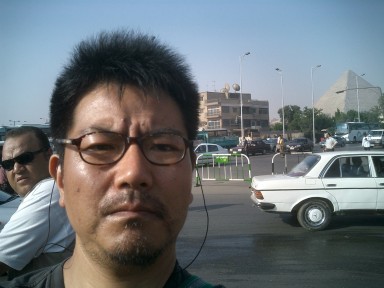 FUJITA Takanori
FUJITA Takanori
Professor
Ethnomusicology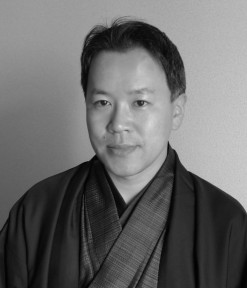 TAKEUCHI Yuuichi
TAKEUCHI Yuuichi
Professor
Japanese Music Research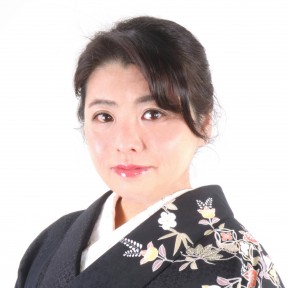 TAKENOUCHI Emiko
TAKENOUCHI Emiko
Associate Professor
Musicology, Japanese Music Research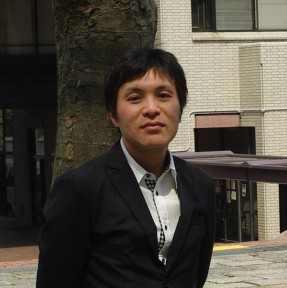 TAKUWA Satoshi
TAKUWA Satoshi
Associate Professor
Japanese Music Research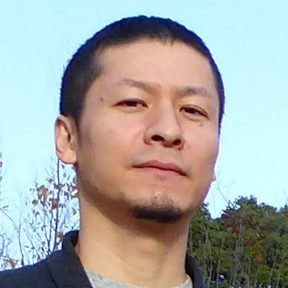 SAITO Kei
SAITO Kei
Associate Professor
Musicology, Japanese Music Research



